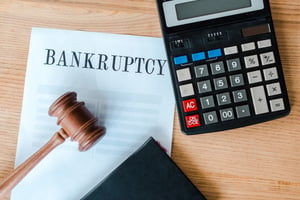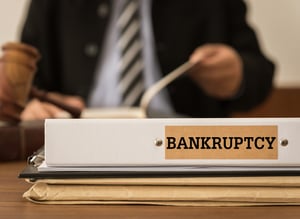The Bankruptcy Petition
When filing a bankruptcy petition the debtor must file a financial statement which includes a schedule of the assets that are part of the bankruptcy. This includes any current or future interests the debtor may have, including causes of action possessed by the debtor at the time of filing.
Assets that are properly scheduled and that have not been administered by the trustee at the close of the bankruptcy case are abandoned and returned to the debtor by operation of law. But, assets that were not properly disclosed on the petition automatically remain property of the estate after the case is closed. If a debtor fails to properly schedule a legal claim, the debtor may be barred from asserting the claim after the close of the case.
There is no bright line rule on the level of specificity needed to describe the assets on the petition. The asset is only required to be described with a reasonable particularization under the circumstances. Under Section 521(a)(1) a debtor can satisfy the obligation to disclose by providing the trustee with enough information to determine if further investigation is needed. A debtor’s petition cannot identify every potential cause of action but the scheduled asset should contain enough information that a reasonable investigation by the trustee would reveal the claim asserted.
The debtor’s failure to identify a claim as an asset on their bankruptcy petition may serve as a basis for application of judicial estoppel. Judicial estoppel is often applied to prevent a debtor who failed to disclose a claim on their petition from asserting that claim after emerging from bankruptcy. The rationale for preventing a debtor from asserting an undisclosed claim is: the bankruptcy system depends on full and honest disclosure by the debtors of all of their assets.
CALL NOW FOR A FREE STRATEGY SESSION FROM A MN BANKRUPTCY LAWYER AT LIFEBACK LAW FIRM
The debtor has a duty to disclose all assets on their bankruptcy petition with at least enough specificity to put the trustee on notice for further inquiry. Failure to disclose an asset means the asset will remain part of the bankruptcy estate even after the close of the case. Contact the attorneys at LifeBackLaw and see us at www.LifeBackLaw.com and let us help you get your life back.






